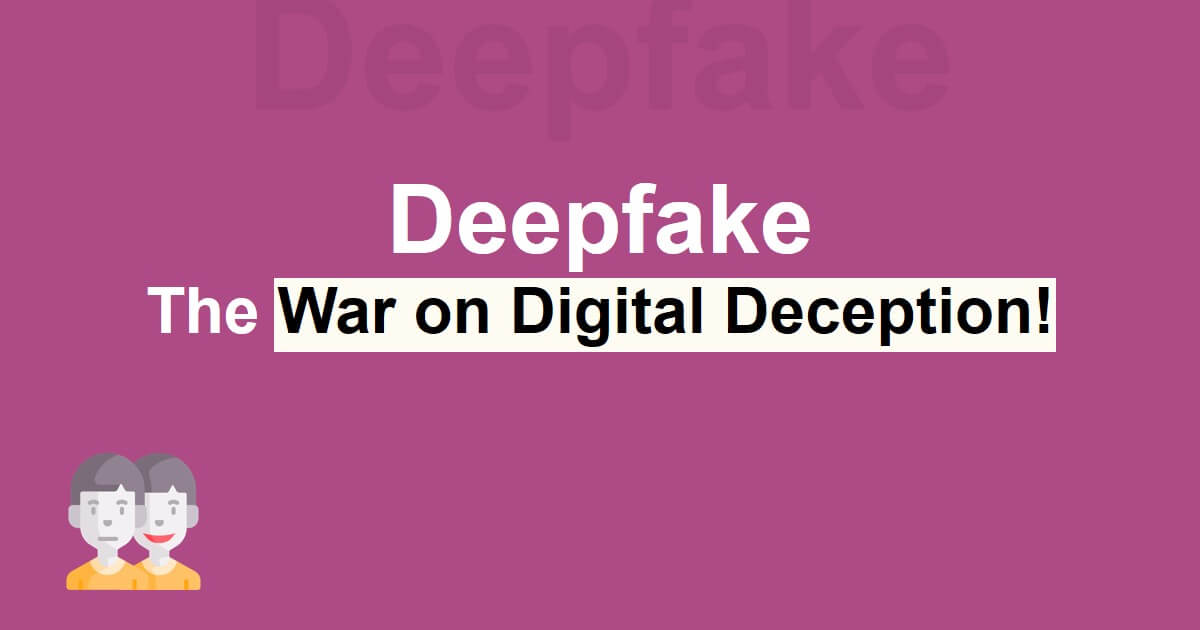The rise of deepfake content has become an unsettling reality. The recent circulation of a deepfake video featuring Rashmika Mandhana has not only affected celebrities like Kajol, Katrina, and Alia but has also cast its shadow on the lives of ordinary people. The consequences have prompted the government to contemplate stricter laws to curb the dissemination of such misleading and harmful content.
Impact on Individuals
The impact of deepfake content transcends the boundaries of celebrity life, infiltrating the personal spaces of everyday individuals. Deepfakes, which use artificial intelligence to create highly realistic videos or images, can manipulate appearances and voices with alarming accuracy. This not only jeopardizes the reputation of public figures but also puts the privacy and security of the general public at risk. Imagine the emotional distress caused by a manipulated video depicting a person engaging in illicit activities or spreading false information. The psychological toll on the victims of such deception is immeasurable.
Target Demographics
Initially confined to the realm of celebrities, deepfake technology has evolved to target anyone with an online presence. Social media platforms, where personal and professional lives intertwine, become breeding grounds for the dissemination of fabricated content. Individuals from all walks of life – students, professionals, homemakers – are susceptible to the malicious intent of those who seek to exploit the vulnerabilities of deepfake technology. The allure of sensational content ensures that no one is truly exempt from the potential consequences of this digital deception.
Legal Recourse
Recognizing the severity of the issue, the government is contemplating stringent legal measures to combat the menace of deepfake content. The proposed laws aim to hold individuals accountable for creating and disseminating misleading content. Viral videos or posts that are found to be deepfakes may result in serious consequences, including fines and legal actions. This signifies a crucial step in the battle against digital misinformation, emphasizing the need for a robust legal framework to protect the integrity of online spaces.
Seek Assistance
As citizens, it is essential to be vigilant and proactive in the fight against deepfake content.Two notable avenues for seeking assistance are https://stopncii.org/ and the Intermediary Guidelines and Digital Media Ethics. These sources offer a swift resolution to the issue, ensuring the removal of manipulated videos or photos within 24 hours. Additionally, filing a complaint with the local police station can serve as a crucial step in bringing the perpetrators to justice. By tapping into the power of these resources, individuals can actively contribute to curbing the proliferation of deepfake content and safeguarding the digital landscape.
The alarming statistics reveal a staggering 900% increase in deepfake online content from 2019 to 2020. This exponential growth underscores the urgency of addressing the issue and implementing effective measures to counter the proliferation of misleading content. The war on deepfake is not limited to celebrities; it is a battle that every individual must engage in to protect their digital identity and privacy. As technology advances, so must our collective efforts to stay one step ahead of those who seek to manipulate and deceive in the digital realm. Only through awareness, vigilance, and collaborative action can we hope to emerge victorious in this ongoing war against digital deception. If you also face such problems, don’t hesitate to seek help and prioritize your safety.

